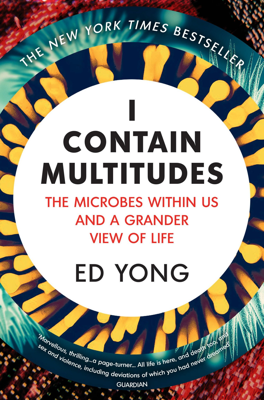Body Builders
Microbial Influence on Animal Development: The Hawaiian Bobtail Squid
The chapter explores the profound relationship between the Hawaiian bobtail squid and its symbiotic bacteria, Vibrio fischeri. This bacterium inhabits the squid's light organs and emits light that helps the squid camouflage against predators by matching the moonlight in its natural habitat. Margaret McFall-Ngai and her colleagues have used this squid as a model to understand symbiotic relationships deeply. They discovered that physical structures like mucus and cilia on the squid’s light organ selectively attract and cultivate Vibrio fischeri over other bacteria. This selection process is facilitated by the bacteria themselves, which release chemicals to dominate the squid's light organ and exclude other microorganisms, effectively terraforming the squid to suit their needs.
Microbial Roles in Animal Development
Researchers Margaret McFall-Ngai and Ned Ruby showed that only a few bacteria, specifically Vibrio fischeri, can trigger the development of the squid's light organ. This finding highlighted a more general principle: microbes play a critical role in the normal development of many animals. In a broader context, microbes influence the development of various animals from the embryonic stage, guiding the formation of organs through constant chemical interactions.
Impact of Microbes Beyond Individual Symbiosis
Extending beyond individual organisms, microbes also shape broader ecological and evolutionary dynamics. For instance, certain marine larvae depend on specific bacteria to settle and metamorphose into their adult forms. This dependency underscores the pervasive influence of microbes across different life stages and environments.
Broader Implications for Biology and Evolution
The chapter stresses that understanding these microbial relationships is crucial for a comprehensive view of biology and evolution. It challenges the simplistic notion that microbes are merely pathogens. Instead, it portrays them as integral players in developmental and ecological processes, highlighting a need to rethink our approach to studying life forms from a more integrative perspective that includes microbial influences.
Reflection On Human Perspectives and Microbial Interactions
Finally, the discussions in the chapter reflect on how these insights shift our understanding of our own bodies and other organisms. Recognizing the integral roles of microbes in shaping life challenges traditional views of individualism in biology, proposing a more interconnected and mutually dependent view of life. This perspective has profound implications for medicine, ecology, and our understanding of evolution.
